Creating
a Winning Promotion Strategy Marketing Plan
A promotion strategy marketing plan is the most important and special ingredient you need to successfully execute your marketing efforts. It’s the ingredient you need to reach your target customers, build credibility, enhance your brand and of course, generate lots of sales.
A great promotion strategy requires some creativity and inspiration, so here are 4 reasons why you need a marketing plan to execute your promotion strategy.

Why
you need a Promotion Strategy Marketing Plan
1. Brand Awareness
Promoting your brand is the key to raising awareness of your products or services to your target customers. This is a great opportunity to communicate the value and benefits of your products or services to your target customers as well as convert them into buying and repeat customers.
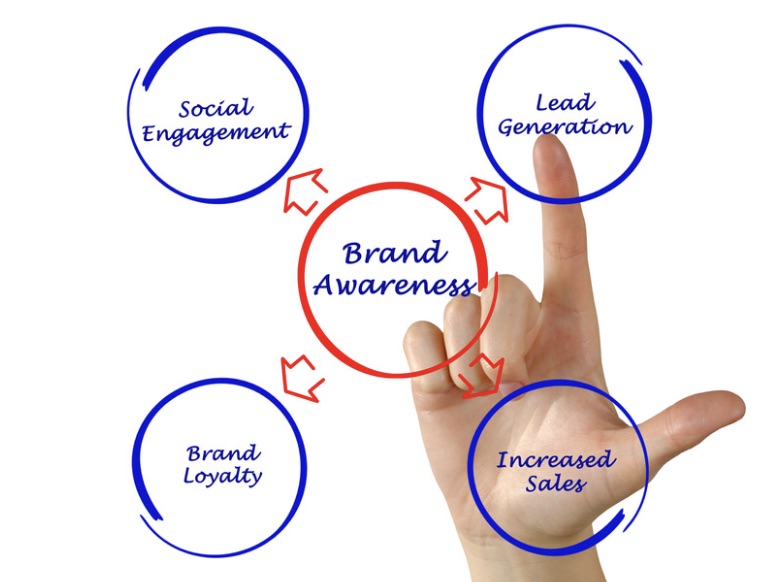
2. Helps to Increase Sales
A promotion marketing strategy is what will help increase sales for your business. It stems from building awareness of your brand where once you communicate the unique value and benefits of your products or services to your target customers, they will most likely make the purchase.
Effectively communicating what your products/services have to offer to your target audience or customers, helps to encourage higher engagement which then leads to more sales. The more sales your business earns, the better.

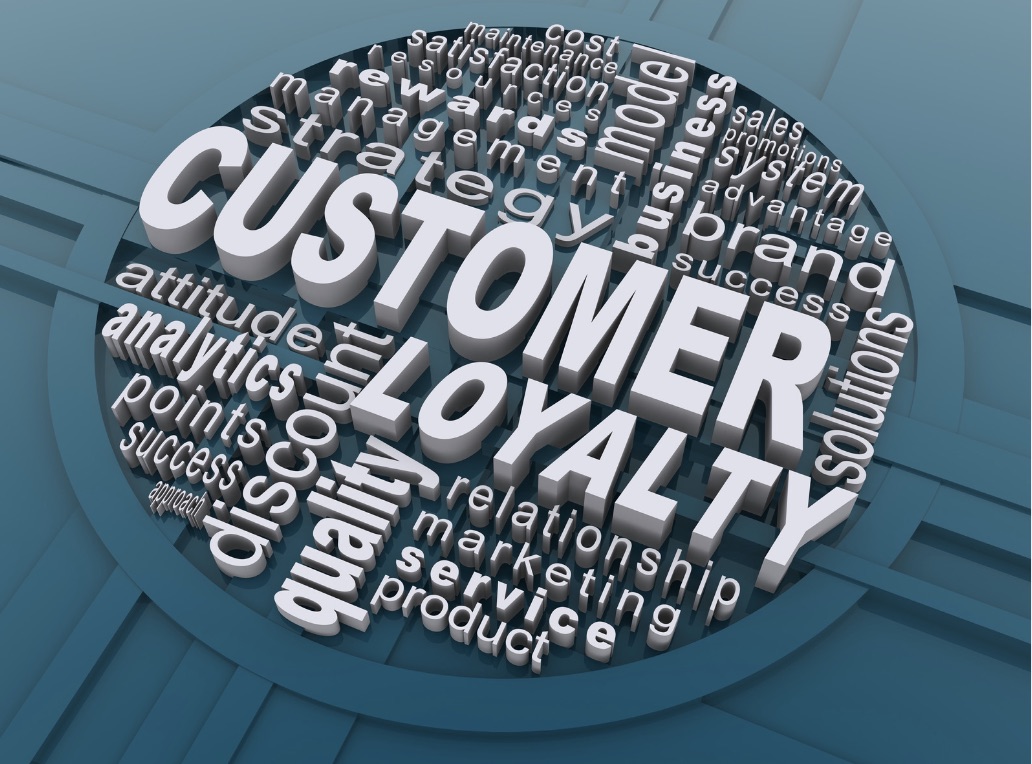
3. Builds Customer Relationships and Loyalty
A promotion strategy marketing plan can help generate long-term customer relationships.
People in general are attracted to sales promotions, discounts, loyalty cards, product specials and contests due to the benefits they can gain. Therefore, these are excellent ways to show appreciation for your customers and encourage them to continuously buy your product/service which in turn leads to good customer relationships and loyalty.
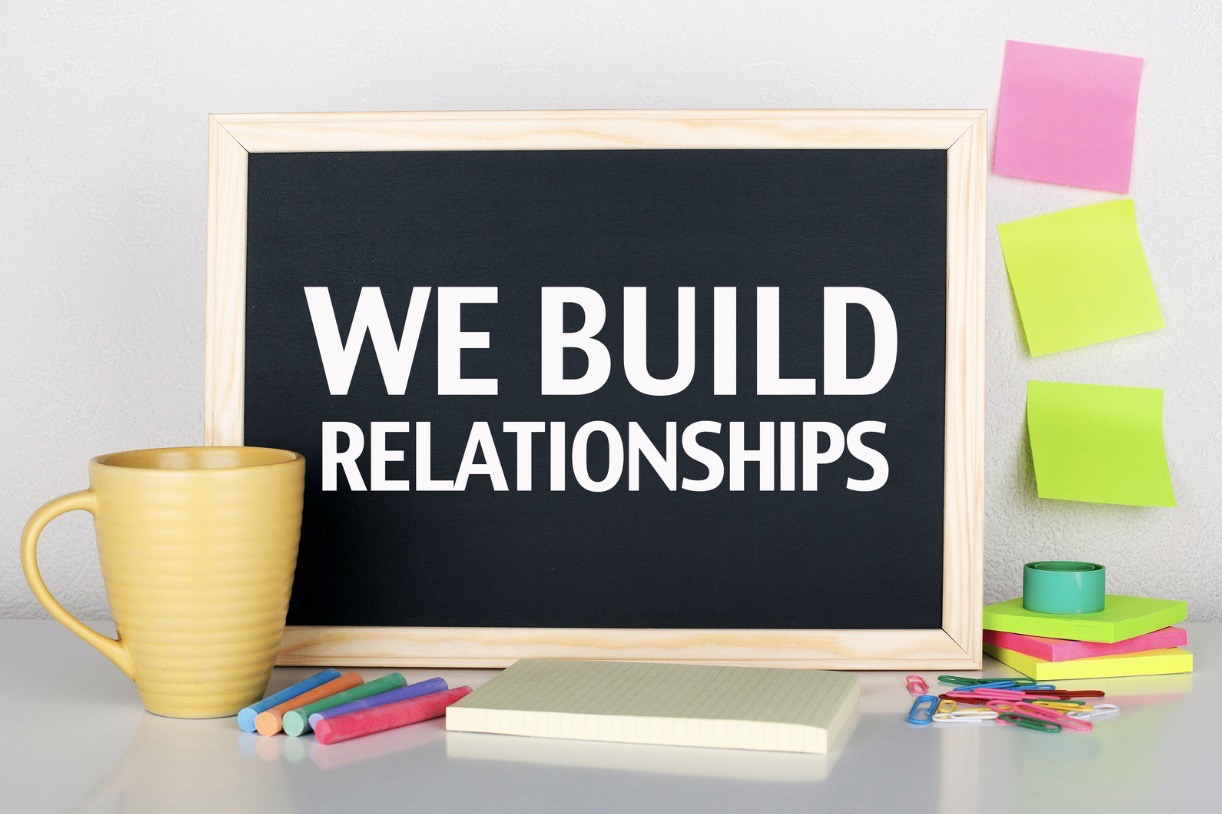
4. Creates the Ability to Connect and Engage with Customers
A promotion strategy plan is also the magic tool you need to connect and engage with your target customers.
The best way to do this is to make full use of the marketing channels that your target customers are heavily active on and communicate plus engage with them. You can ask them for feedback and even gather some insights on their issues or challenges so that you can continuously enhance their experience with your product or service.
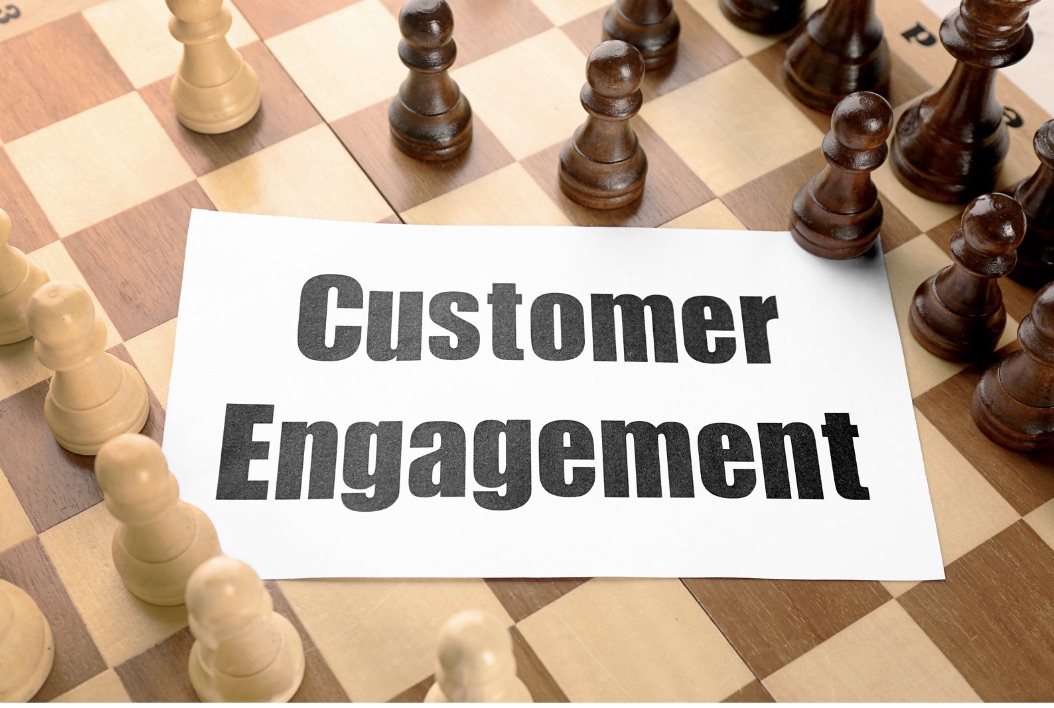
Let’s move on to some promotion strategy tactics that you can explore.
Promotion
Strategy Marketing Tactics to Explore
1. Online and Offline Advertising
Online and offline advertising tactics consist of: advertising on social media, developing your product or service website, email marketing, videos, radio, television, billboards and print advertising. Remember to always choose the channels that will enable your brand to be noticed by your target audience.
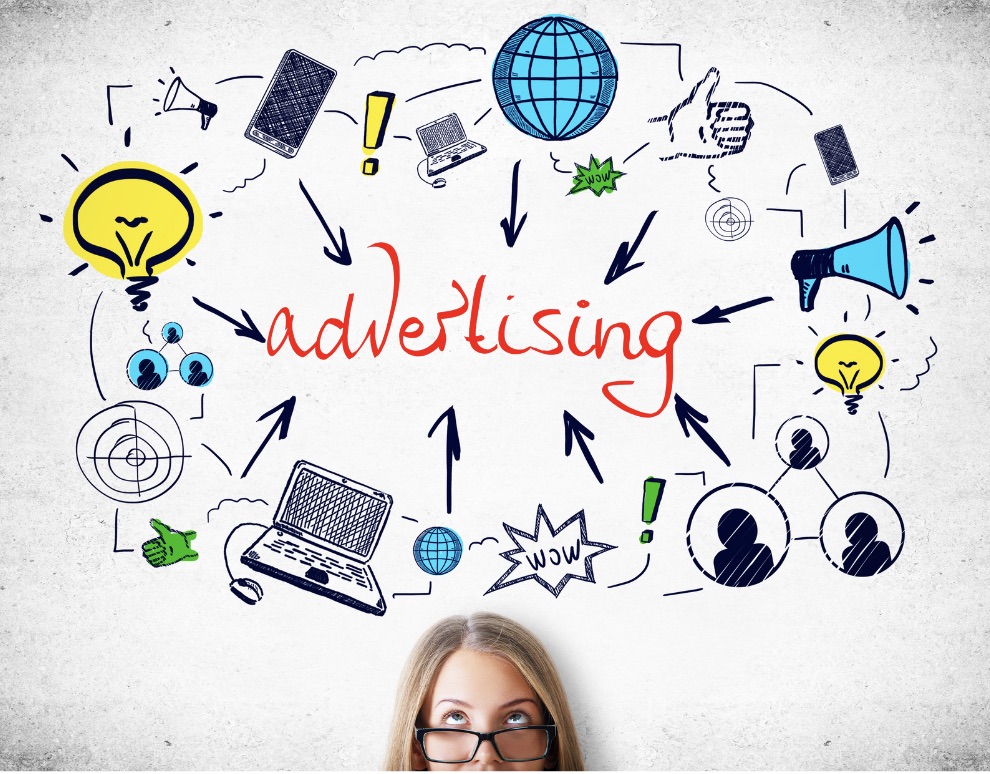
2. Personal Selling
Personal selling is a promotion strategy marketing tactic that involves a one-to-one approach between the salesperson and the target customer. This is a really great opportunity to gather information on what your target customers are looking for where their needs can be addressed. Also, this helps to build customer relationships and trust.

The success of this method all depends on the type of industry you’re in and the ability to effectively reach your target customers.
3. Promotions and Specials
Product promotions and specials are some really exciting promotional tactics to explore. They can range from offering coupons, discounts, buy one get one free, or half off specials and even free trials to encourage target customers to buy your product or service.


4. Direct Marketing
Direct marketing is a promotion strategy marketing tactic that consist of direct communication with your target customers via mail, email and telemarketing. It’s a useful tactic that helps to connect your brand with what your target customers are looking for.

Also, it’s an opportunity to even customize your marketing messages to suit the needs and preferences of your target customers. Customized marketing messages is an excellent way to capture their attention.
5. Public Relations (PR)
PR involves the use of media channels to raise awareness of your product or service. These channels range from television interviews, press releases and events just to name a few.
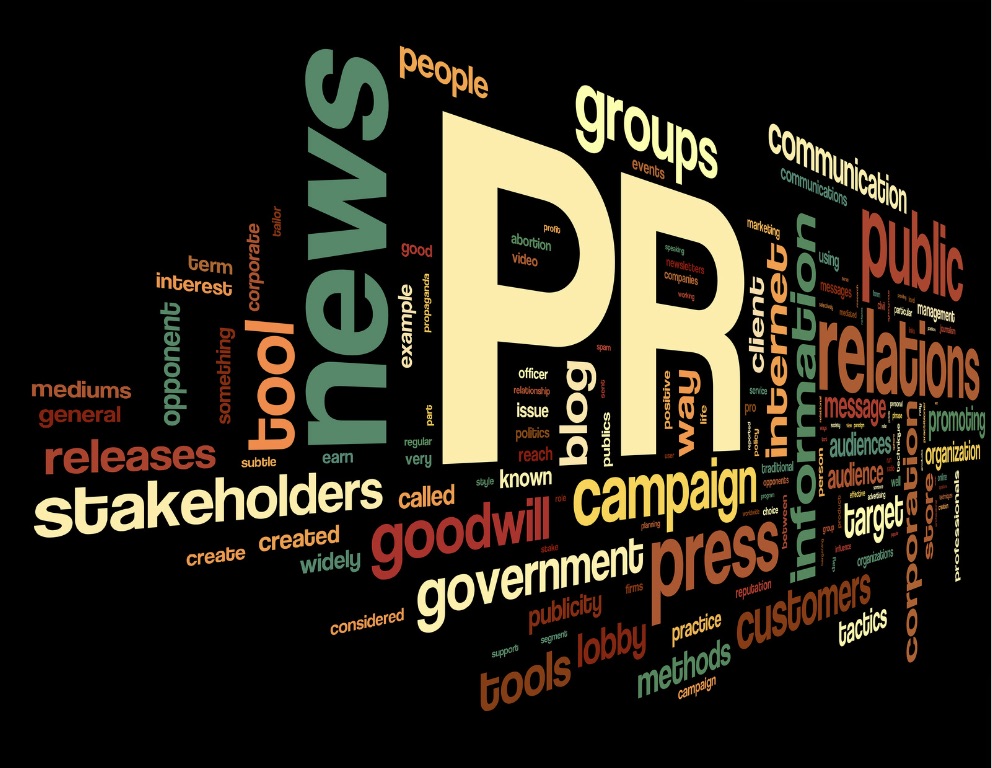
Here are some guidelines below on how to create an effective promotion strategy plan.

How to Create a Successful Promotion Strategy Marketing Plan
1. Identify and Define your Target Audience
Identify exactly who your target audience is. This pertains to their age, gender, location, buying patterns and preferences for example. Knowing and understanding your target audience, is the foundation you need to develop an effective promotion strategy plan.
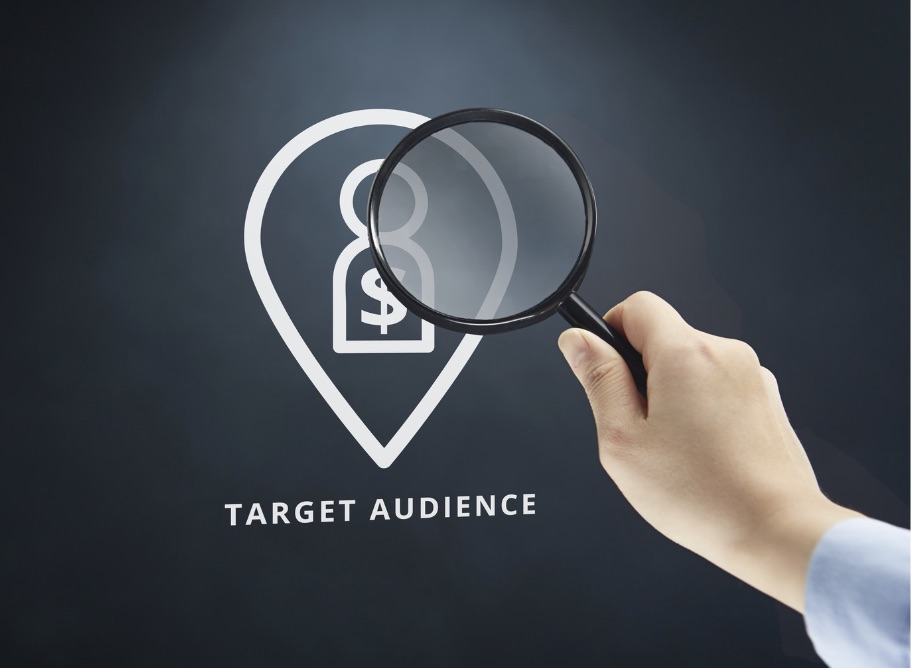
Additionally, keep observing your target audience as this ensures that you’re updated on any changes in their preferences and buying patterns.
2. Clearly State your Goals and Objectives
Ensure that you’re clear and specific about the purpose of your promotion strategy marketing plan. Some examples are to increase sales, boost customer retention, raise brand awareness and attract new customers.
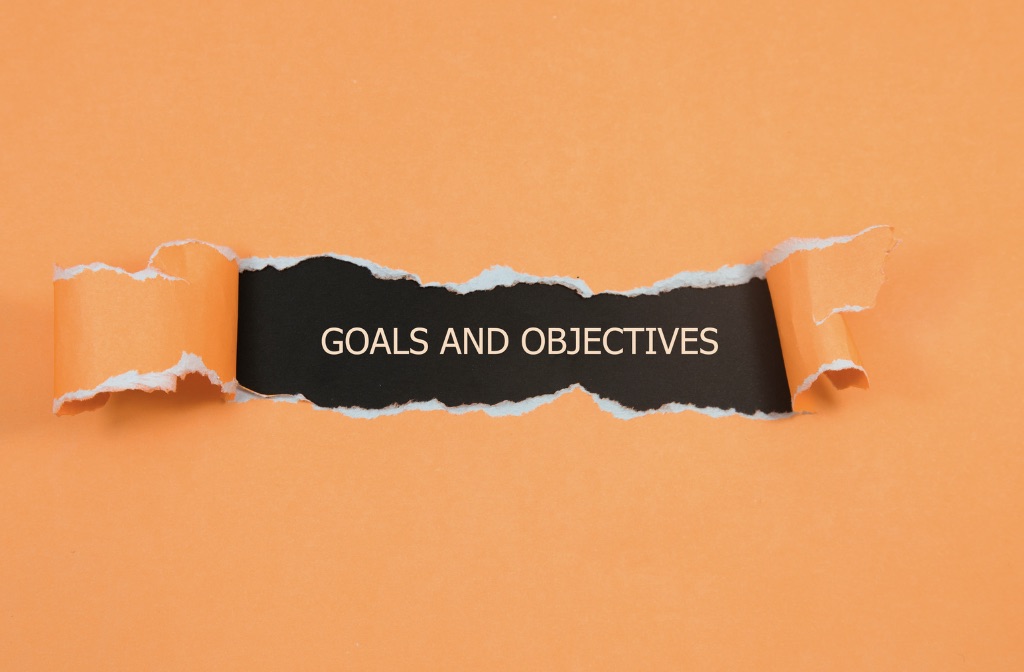
3. Conduct a Competitor Analysis
Assess your competitors by identifying their strengths and weaknesses as well as their marketing efforts. This is the perfect recipe for the creation of a competitive edge where you can pinpoint any marketing gaps and uniquely position your product or service. It’s one of the many ways for you to dominate!
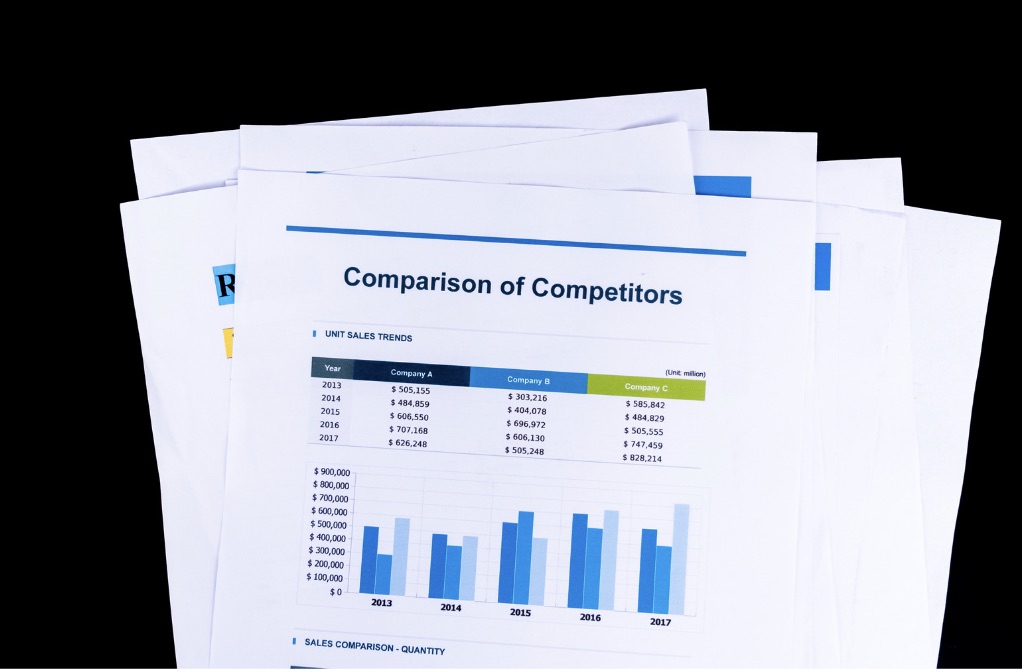
4. Select the Most Appropriate Promotional Activities
Select the best promotional activities to effectively reach and connect with your target audience. For instance, direct marketing, social media, television and radio advertising and PR.
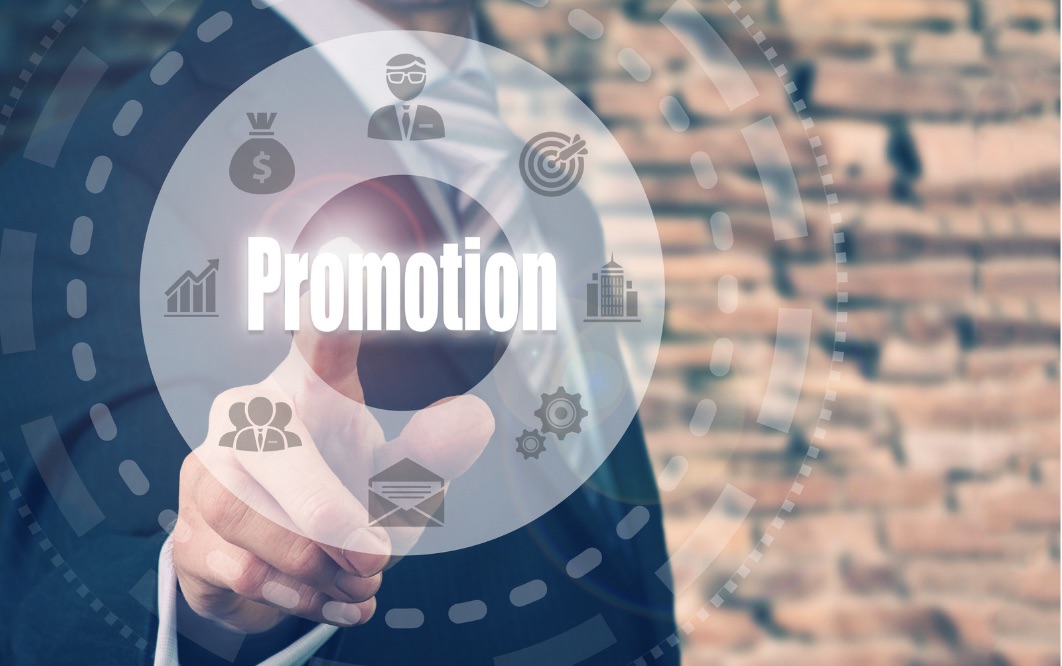
5. Develop a Budget that you can Work With
A budget is a very important area of your promotion strategy marketing plan. Create one that’s feasible for your business and aligned with the promotional activities you choose. Also, ensure that you take into account the frequency and duration of each activity. For instance, television ads 5 times weekly for a 3 month period.
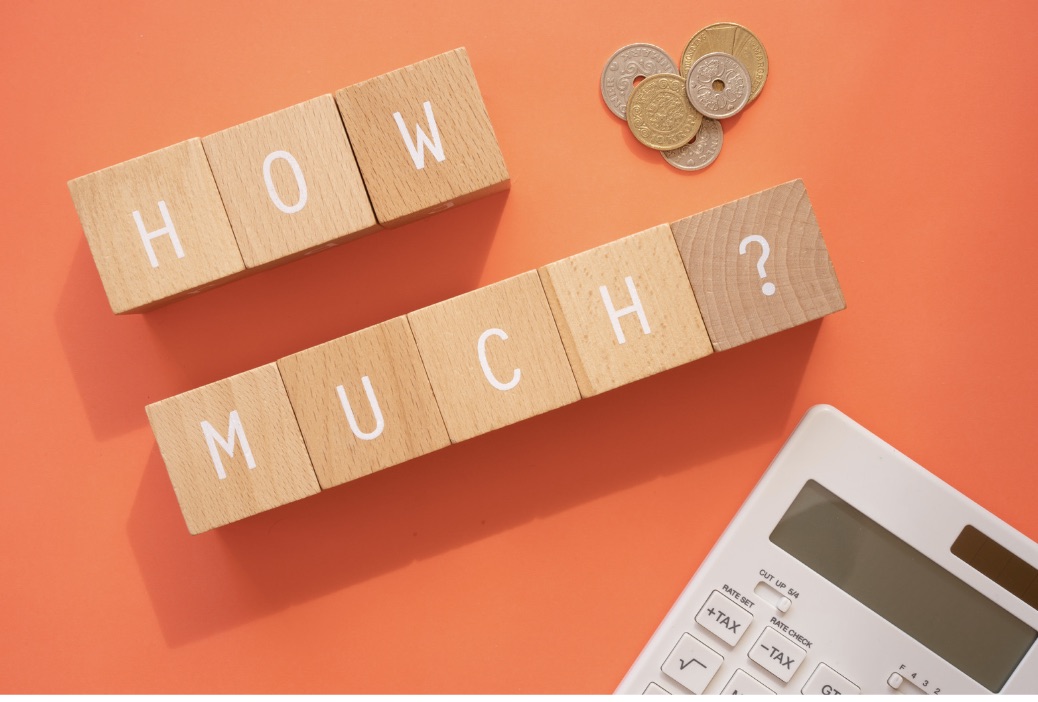
6. Create a Calendar to Implement your Promotional Plan
Create a calendar that shows when and how your promotional activities will be executed. Your calendar should include the duration of each promotional activity, online and offline channels you intend to use, the tools that you need to execute and the budget for each activity.
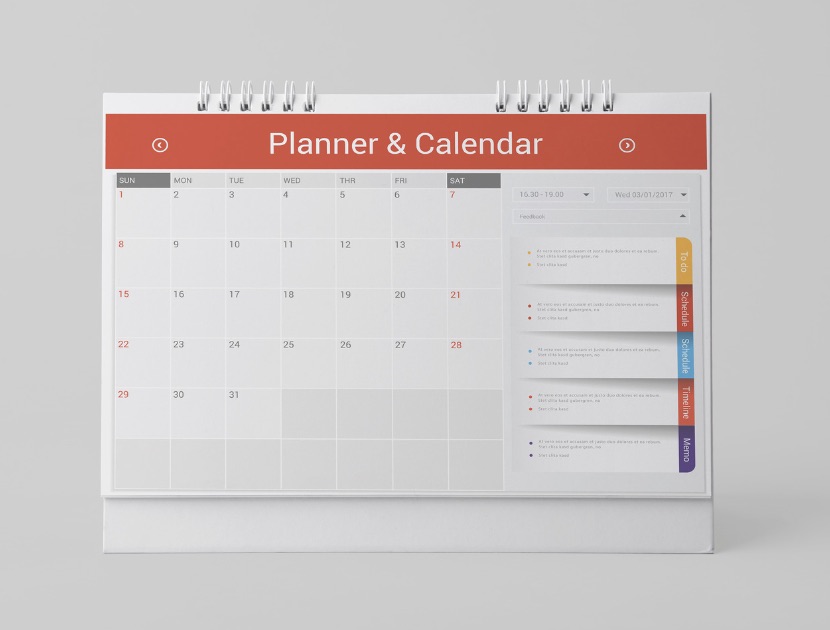
7. Track and Monitor your Performance
The key to a successful promotion strategy marketing plan is to always track and monitor its performance. Set KPIs (key performance indicators) and metrics to track the progress of your promotional activities. This can be made up of daily website traffic, engagement rates, customer retention rates and sales.

8. Refine your Plan as Often as Needed
Always review and adjust your plan when needed. Assess the results of each promotional activity where you can determine if to change your marketing approach so that your business will definitely be on track with meeting its objectives.

An effective promotion strategy marketing plan is the direction your brand needs to grow and elevate. It’s the magic tool that is needed to understand your target audience, build awareness, customer relationships and increase revenue. As such, understanding its importance and ensuring that it’s well aligned with marketing trends and your business objectives, will certainly position your brand to win.
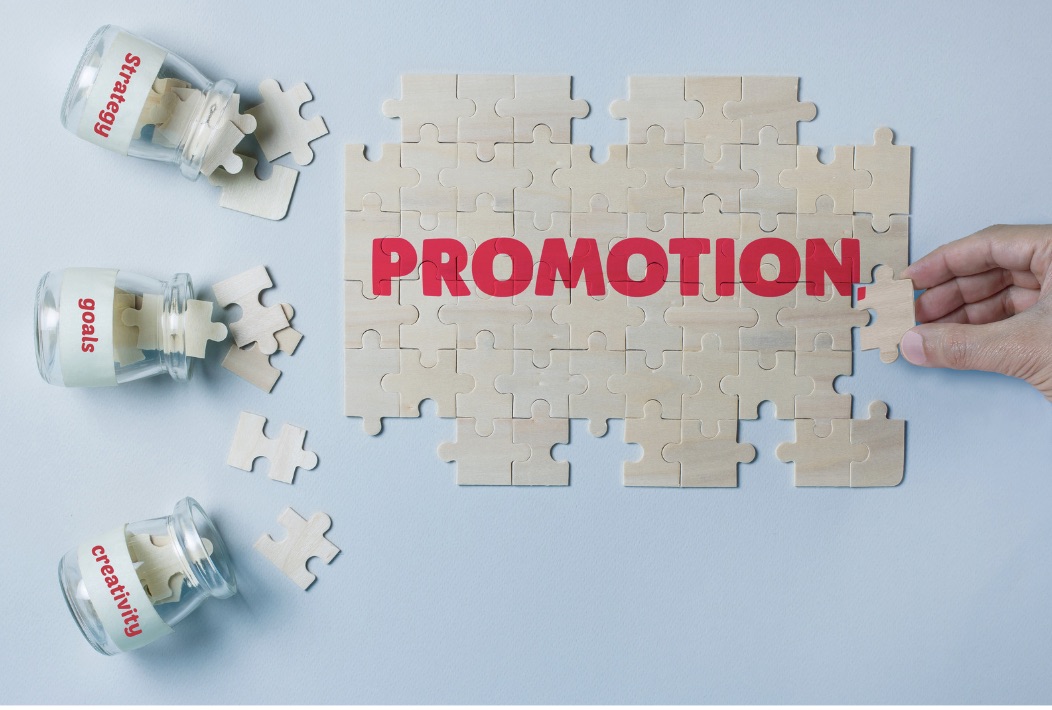
- Marketing
- Sales and Marketing
- Promotion Strategy Marketing